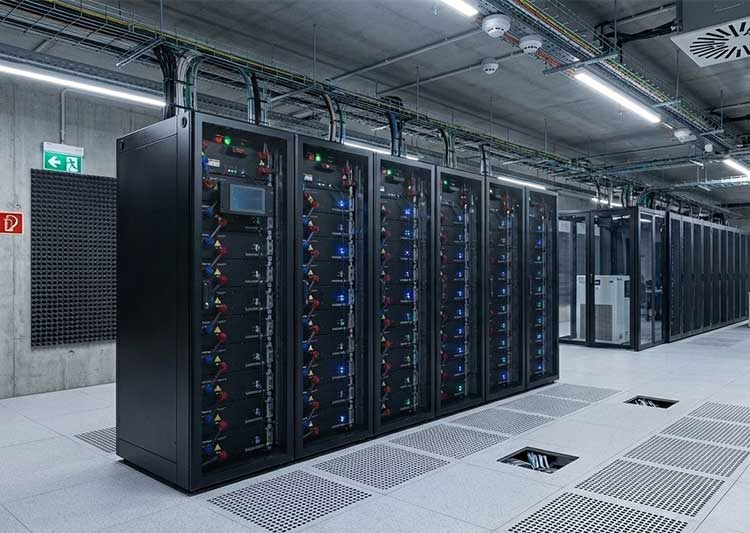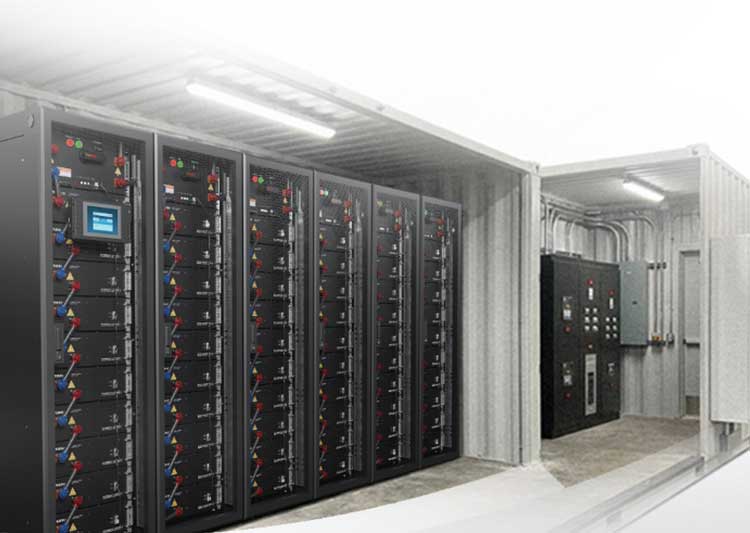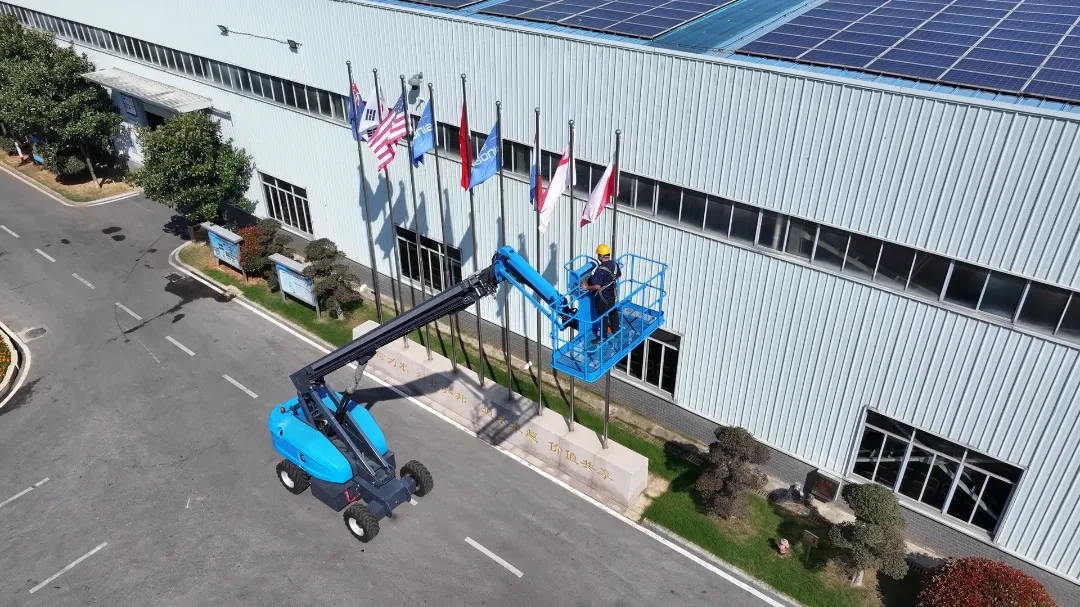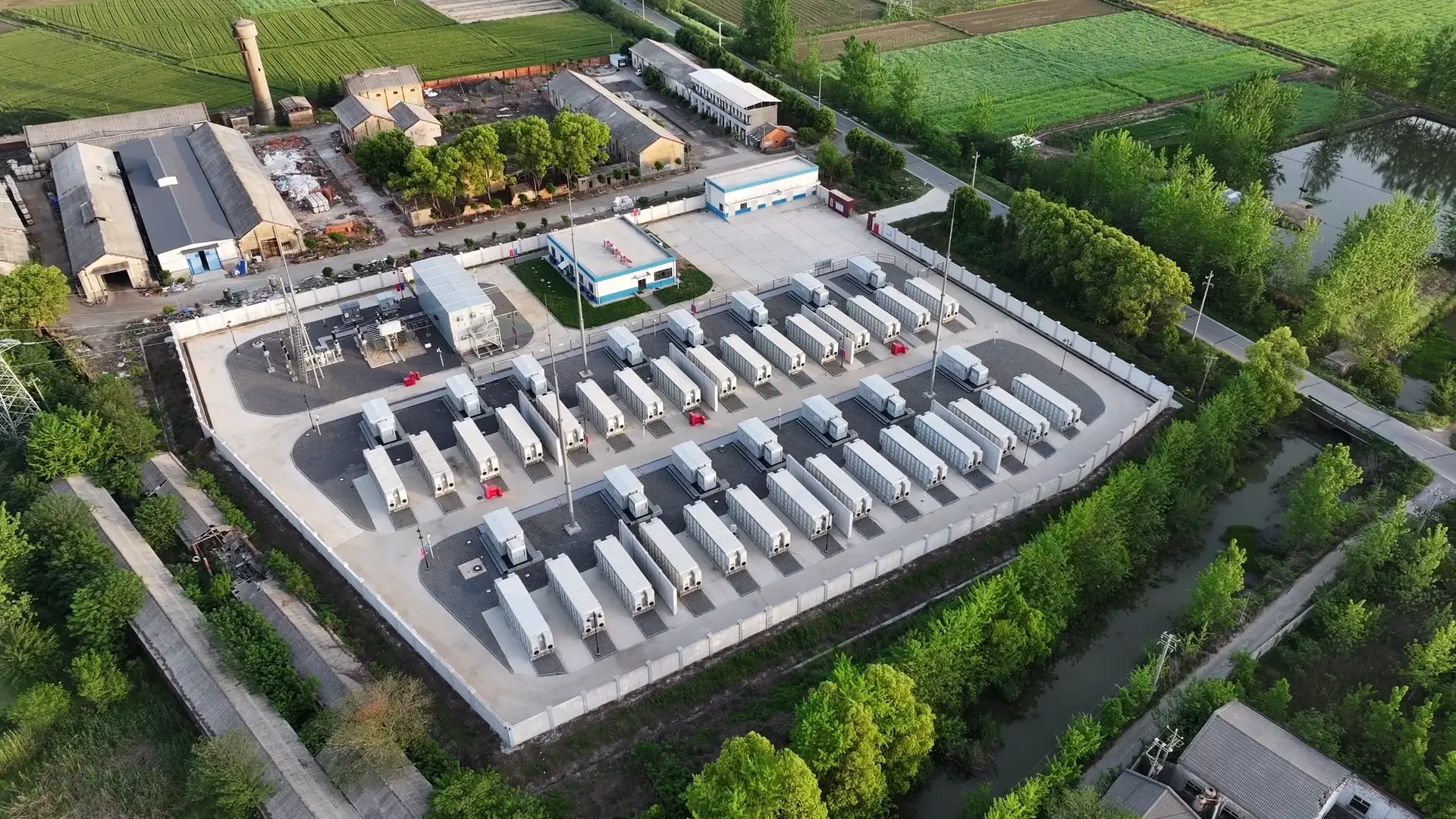Modern data centers form the backbone of the digital economy, powering cloud services, telecom networks, finance, and industrial applications. For Tier III and Tier IV facilities—the highest standards for uptime and resilience—UPS batteries are the cornerstone of reliable operations.
Downtime is expensive and often unacceptable in these environments. High-tier data centers require not just any backup, but certified, intelligent, and redundant UPS systems to ensure continuous power.
Understanding Tier III and Tier IV Data Centers
The Uptime Institute classifies data centers into four tiers based on their availability, redundancy, fault tolerance, and operational resilience. Among these, Tier III and Tier IV represent the highest standards for uptime and reliability, often used by enterprises and mission-critical service providers.
Here’s a clear comparison between Tier III and Tier IV:
|
Feature |
Tier III |
Tier IV |
|
Uptime |
99.982% (~1.6 hours downtime/year) |
99.995% (~26 minutes downtime/year) |
|
Redundancy |
N+1 fault-tolerant |
2N or 2(N+1) fully fault-tolerant |
|
Maintenance |
No downtime during component maintenance |
No downtime during maintenance or component failure |
|
Use Case |
Large enterprise IT workloads |
Mission-critical services (finance, cloud, telecom) |
Key takeaway:
To meet these stringent requirements, UPS batteries in Tier III and Tier IV data centers must deliver:
● Uninterrupted backup power to bridge outages and generator startup
● Modular redundancy, ensuring the system remains live even if a battery module fails
● Certified safety compliance, including global standards for electrical, mechanical, and environmental reliability
In short, the reliability of Tier III and IV data centers depends heavily on the quality, redundancy, and certification of their UPS battery systems.
UPS Battery Solutions for High-Tier Data Centers
High-tier data centers rely on UPS batteries not just for short-term backup, but as a core component of their reliability, redundancy, and operational continuity. Vision’s modular lithium UPS batteries are specifically designed to meet the stringent requirements of Tier III and Tier IV facilities.
1. Redundancy for Power Continuity
Redundancy is critical to ensure that even if a battery module fails, the data center continues to operate without interruption:
● Tier III: Requires N+1 UPS battery redundancy, meaning one extra battery module is available for every critical component. This ensures the system stays live even if a module fails.
● Tier IV: Requires 2N redundancy, with two fully independent UPS systems supporting the load simultaneously. This provides maximum fault tolerance and uninterrupted uptime.
Vision's modular lithium UPS batteries are engineered for these scenarios:
● Hot-swappable modules for easy maintenance without downtime
● Parallel battery strings to enable fault-tolerant operation
● Fast response time for seamless failover during unexpected events
2. Backup Autonomy During Maintenance & Outage Events
Tier III and IV data centers rely on UPS batteries to bridge the gap between a power outage and generator startup, typically lasting 15–30 minutes depending on system size. Reliable battery performance during this interval is critical for maintaining continuous operations.
Vision's lithium-ion UPS batteries offer:
● High cycle life and low self-discharge, ensuring consistent performance over years
● Stable discharge voltage, preventing unexpected power drops during critical periods
● Built-in smart BMS (Battery Management System) for real-time temperature and safety monitoring
These features collectively ensure continuous operation under demanding loads, helping data centers maintain uptime, protect equipment, and meet strict Tier III and IV standards.
Global Certifications and Deployment Readiness
For Tier III and Tier IV data centers, it's not enough for UPS batteries to simply provide backup power—they must also meet internationally recognized safety, performance, and environmental standards. Compliance ensures that batteries can be deployed safely, reliably, and quickly across global sites.
Key certifications for industrial lithium UPS batteries include:
|
Standard |
Purpose |
Vision Compliant? |
|
UL1973 |
Stationary battery safety (North America) |
Yes, for custom projects |
|
IEC62619 |
Industrial lithium battery safety (Global) |
Yes |
|
UN38.3 |
Transport safety for global logistics |
Yes |
|
IEC60068 |
Environmental durability testing |
Yes |
Vision's UPS lithium batteries certified under IEC62619 (CB Scheme) and IEC60068 are designed for safe indoor and outdoor deployments, ensuring rapid compliance with data center requirements worldwide.
With these certifications, high-tier facilities can confidently deploy UPS batteries that meet strict operational, safety, and environmental standards, reducing risk and simplifying global project implementation.
Conclusion
Choosing certified, modular, and intelligent UPS batteries is not just about meeting technical specifications—it’s about supporting power integrity, operational safety, and long-term reliability in Tier III and Tier IV data center operations.
Vision’s data center UPS battery solutions offer:
● Reliable redundancy to help maintain continuous operation
● Intelligent battery management for enhanced safety and efficiency
● Compliance with global certifications to simplify deployment
While overall uptime depends on the complete power system and operational practices, using Vision’s certified UPS batteries can contribute significantly to meeting the strict reliability and redundancy requirements of high-tier data centers.




























 2025-11-05
2025-11-05 Name
Name Tel
Tel Email
Email Country
Country Company
Company Information
Information